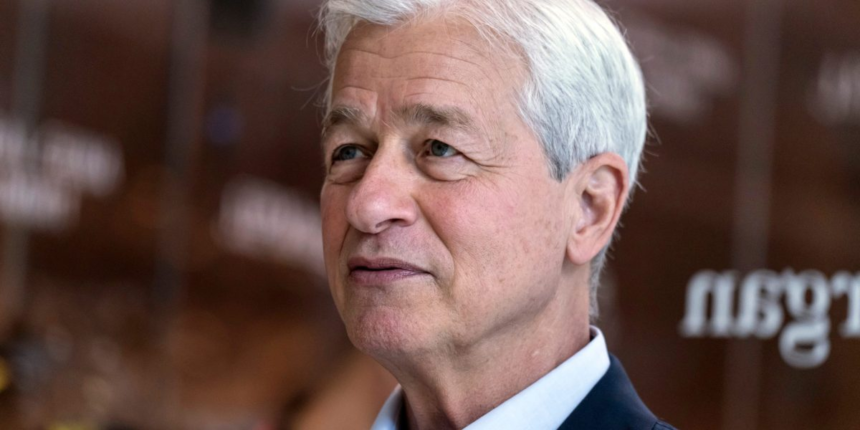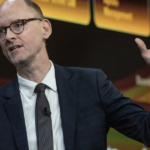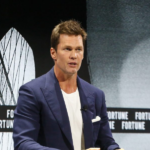Dimon and Bezos hit it off, saying they’ve “been friends ever since.” Yet he also says it was just “a bridge too far,” not just to move to Seattle, but to leave finance for the tech world, and running Amazon full-time. Dimon said he would have been stepping into a radically different industry and life, joking that it would have been like a “When Harry Met Sally” scenario or an alternate universe: “I’ll never wear a suit again. I’m going to live in a houseboat.”
To be sure, Amazon at that time was also a much different proposition to the $2.4 trillion colossus it is today. The tech company’s share price was less than a dollar and it had just a $5.5 billion market cap at the end of 2000. After the Amazon visit, Dimon said he “got serious” and considered other positions.
Undeterred by the daunting turnaround task, Dimon saw potential where others saw wreckage. He described the idea of another banking job as “my habitat”—and he described Bank One as a place where his operational style and relentless focus on risk management could make an impact. He uprooted his young family, moved to Chicago, and signaled ultimate commitment by investing half his net worth—$60 million—directly into Bank One’s stock the day he took the job. “I was going to go down with the ship or up with the ship,” he said, determined to demonstrate to shareholders and his new team that he was “alock, stock, and barrel.”
He also talked generally about why he made this particular career decision instead of a New York-based investment banking job. He was in charge at Bank One as the CEO, he said, whereas he expressed doubts about whether he could fully trust people in the investment banking world, after his bruising experience with his mentor Sandy Weill and Citigroup.
American finance might look profoundly different if Dimon had taken Bezos’ offer and chosen to join Amazon. Instead, his $60 million bet on a struggling bank catalyzed one of the most remarkable second acts in corporate American history, ultimately leading to one of the most successful and influential bankers of his generation. Instead, he could have been a tech executive living on the proverbial houseboat.
JPMorgan declined to comment further for this report.
For this story, Fortune used generative AI to help with an initial draft. An editor verified the accuracy of the information before publishing.









